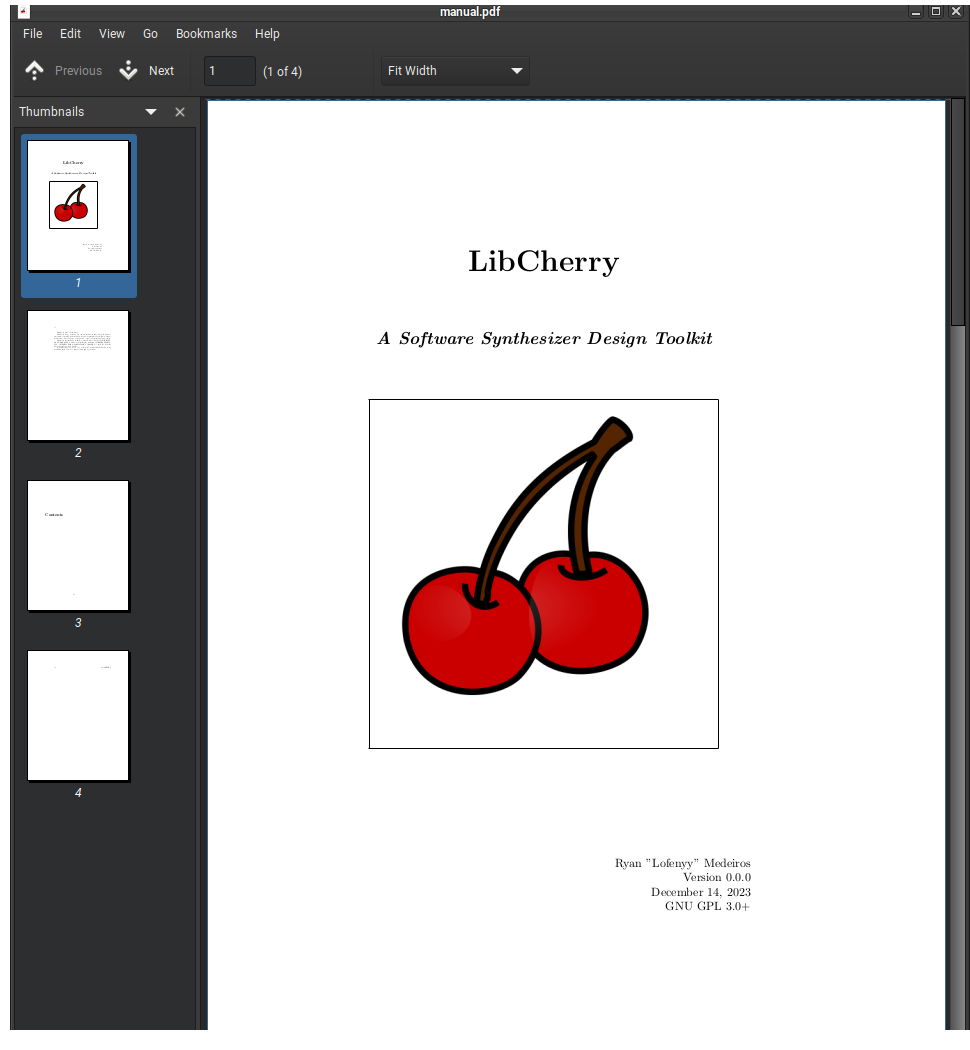Hey guys, I'm writing a user manual for some software I'm publishing. It's a software synthesizer design toolkit, for making your own software synthesizer in your programming language of choice. Of course, in order to make your own synthesizer, you must know how one works.
My goal in writing this user manual is not only to document my code, but also to teach how synthesizers actually work, so that anyone can make their own. That's where this post comes in. I need inspiration on what exactly it is people don't already know about them, and what all the hot topics are.
I'm happy to actually explain these things in the comments below!
